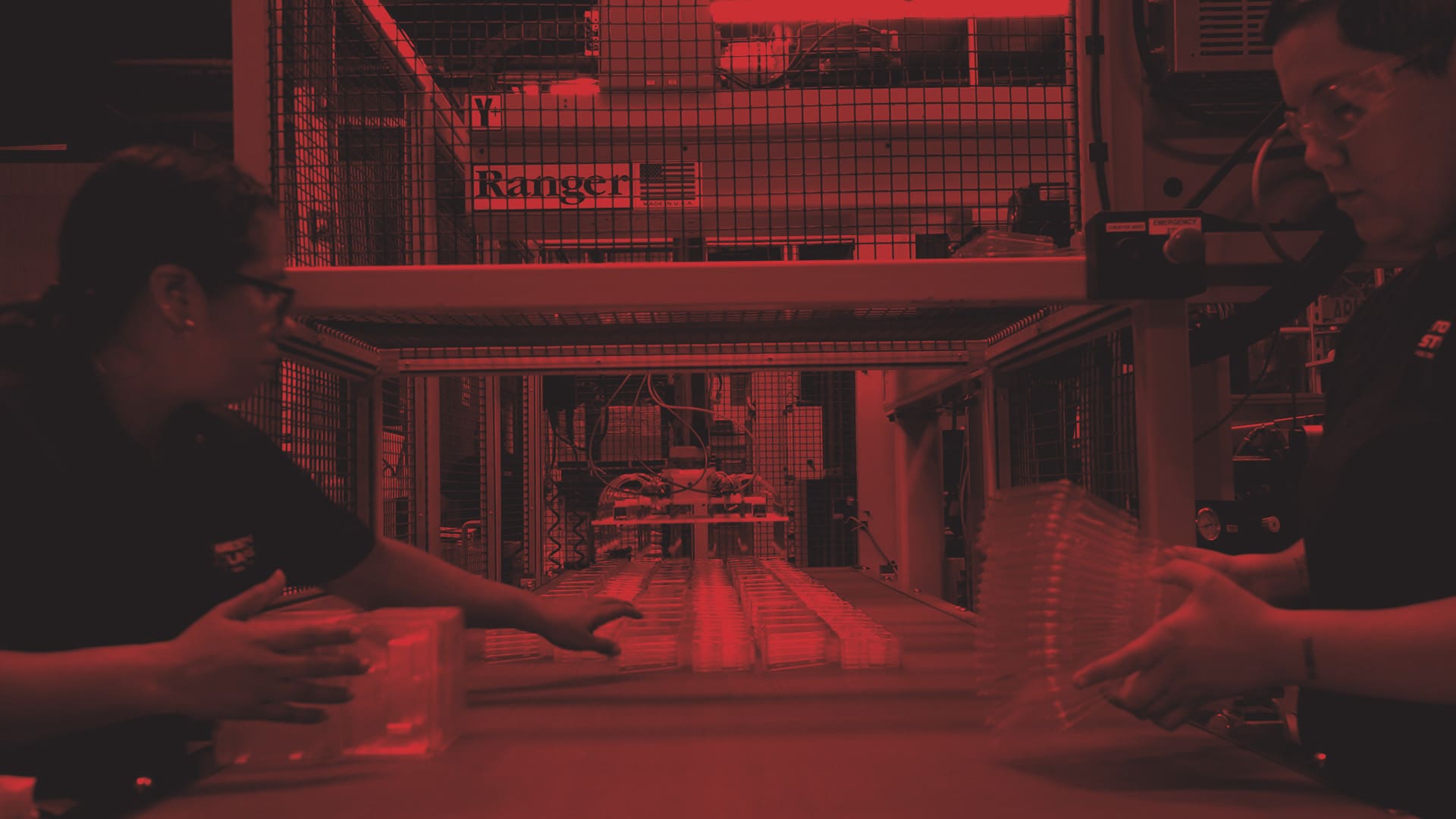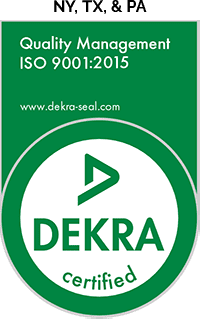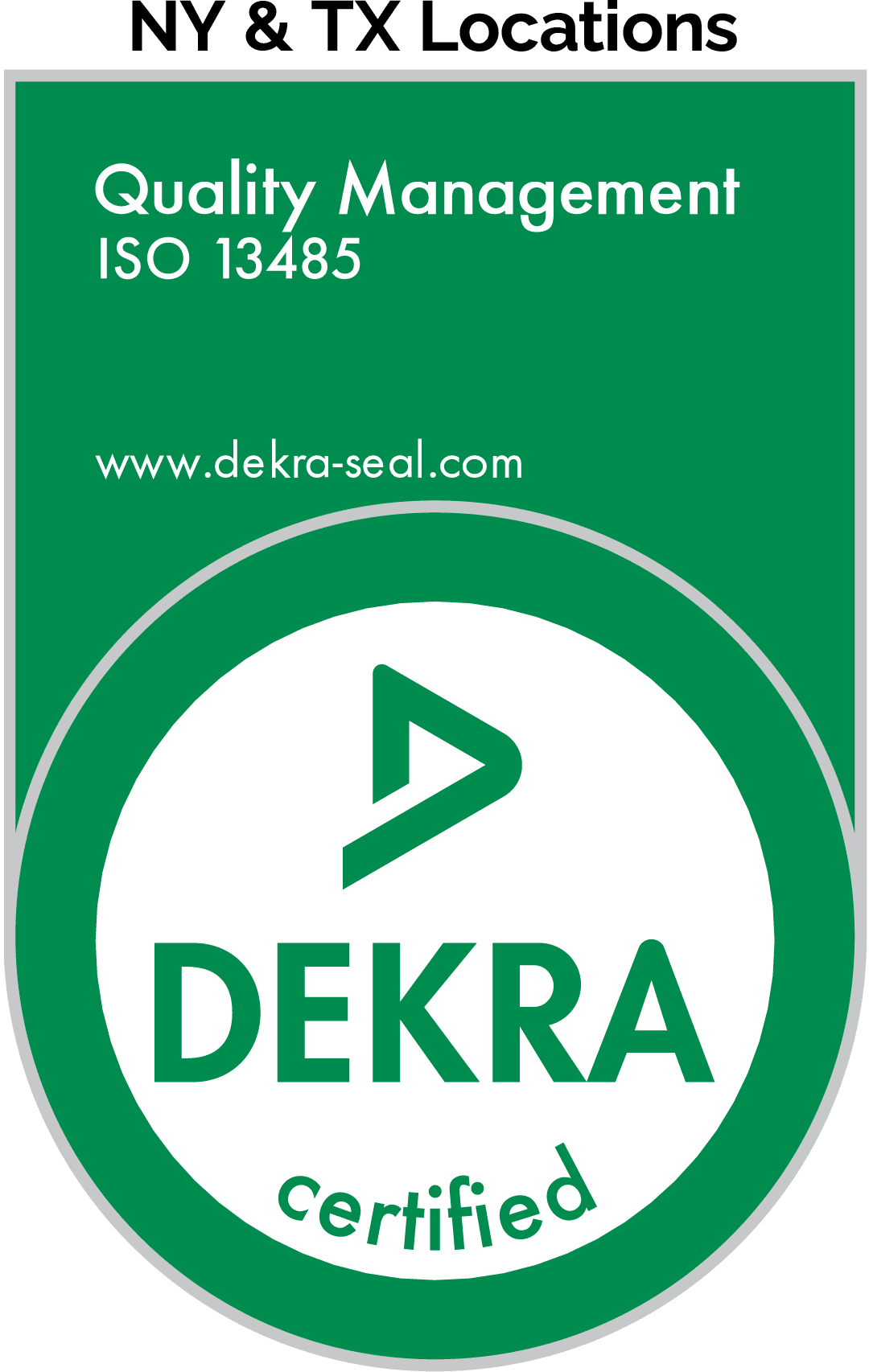This article will examine how thermoforming revolutionizes contemporary design by highlighting its advantages over traditional molding methods.
How Thermoforming Works
Thermoforming is centered around the controlled application of heat to thermoplastic sheet. The process begins with carefully managed sheet heating, a vital phase where radiant heaters, infrared heaters, or convection ovens are employed. This heating stage is fundamental to making the plastic sheet ready for the subsequent shaping steps.
Following the heating phase, the pliable plastic sheet is moved to a forming station, where it is draped over or into the forming tool. At this point, vacuum pressure or mechanical force is applied so that the plastic takes on the mold’s shape. The newly created plastic is then cooled under regulated conditions to solidify the shape and ensure dimensional stability in the finished product.
Advantages of Plastic Thermoforming in Design Optimization
Here are the benefits of thermoforming in developing and optimizing designs for various industries and applications:
Complex Geometries
Thermoforming excels in producing parts with intricate and complex geometries. The method allows designers to achieve sophisticated shapes, offering design freedom that may be challenging to attain with other processes. This flexibility is particularly valuable in industries where intricate designs are crucial for product functionality and aesthetics.
Consistent Wall Thickness
Thermoforming plastic ensures uniform wall thickness across the formed part. This consistency is crucial for maintaining structural integrity and meeting design specifications. Parts with consistent wall thickness are less prone to defects and are better equipped to handle mechanical stresses, contributing to overall product reliability.
Cost-Effective Prototyping
The relatively low tooling costs associated with thermoforming enable designers to create prototypes without incurring substantial expenses. This affordability facilitates iterative design processes, allowing designers to refine and test multiple versions of the prototype before committing to full-scale production. Moreover, it makes thermoforming an economically viable choice for small-scale and large-scale manufacturing.
Customization and Branding
Thermoforming allows designers to easily incorporate branding elements, textures, and colors onto the formed parts. This level of customization is valuable for aligning products with brand identity and creating distinctive products that stand out in the market. It is also instrumental in meeting consumer expectations for aesthetically pleasing products.
Fast Production Cycles
Thermoformed products often have relatively quick production cycles, making the process well-suited for projects with tight timelines or high-volume demands. Its efficiency allows for the rapid creation of parts, which meets the needs of industries where speed-to-market is a critical factor. Furthermore, it positions businesses to promptly respond to market fluctuations and capitalize on emerging trends.
Material Variety
Thermoforming supports a wide range of thermoplastic materials, allowing designers to choose those that align with their performance and aesthetic requirements. This versatility in material selection ensures that designers can tailor their choices to meet the unique demands of their designs. This process also accommodates the use of recycled and environmentally friendly materials.
Tooling Flexibility
Tooling used in thermoforming is generally less expensive than molds used in other manufacturing processes. This cost-effectiveness allows designers to create various parts and components without a significant upfront investment in tooling. It also democratizes access to manufacturing for smaller enterprises and startups with limited budgets.
Choose Jamestown Plastics for Your Thermoforming Needs
At Jamestown Plastics, we specialize in both light-gauge and heavy-gauge thermoforming. Our facilities have high-speed manufacturing lines featuring robotic automation and heavy gauge sheet equipment with automatic and CNC router lines. We also take pride in maintaining an ISO 9001:2015 certification, proving our dedication to delivering quality products!
Get in touch with us today to learn more about our services.





